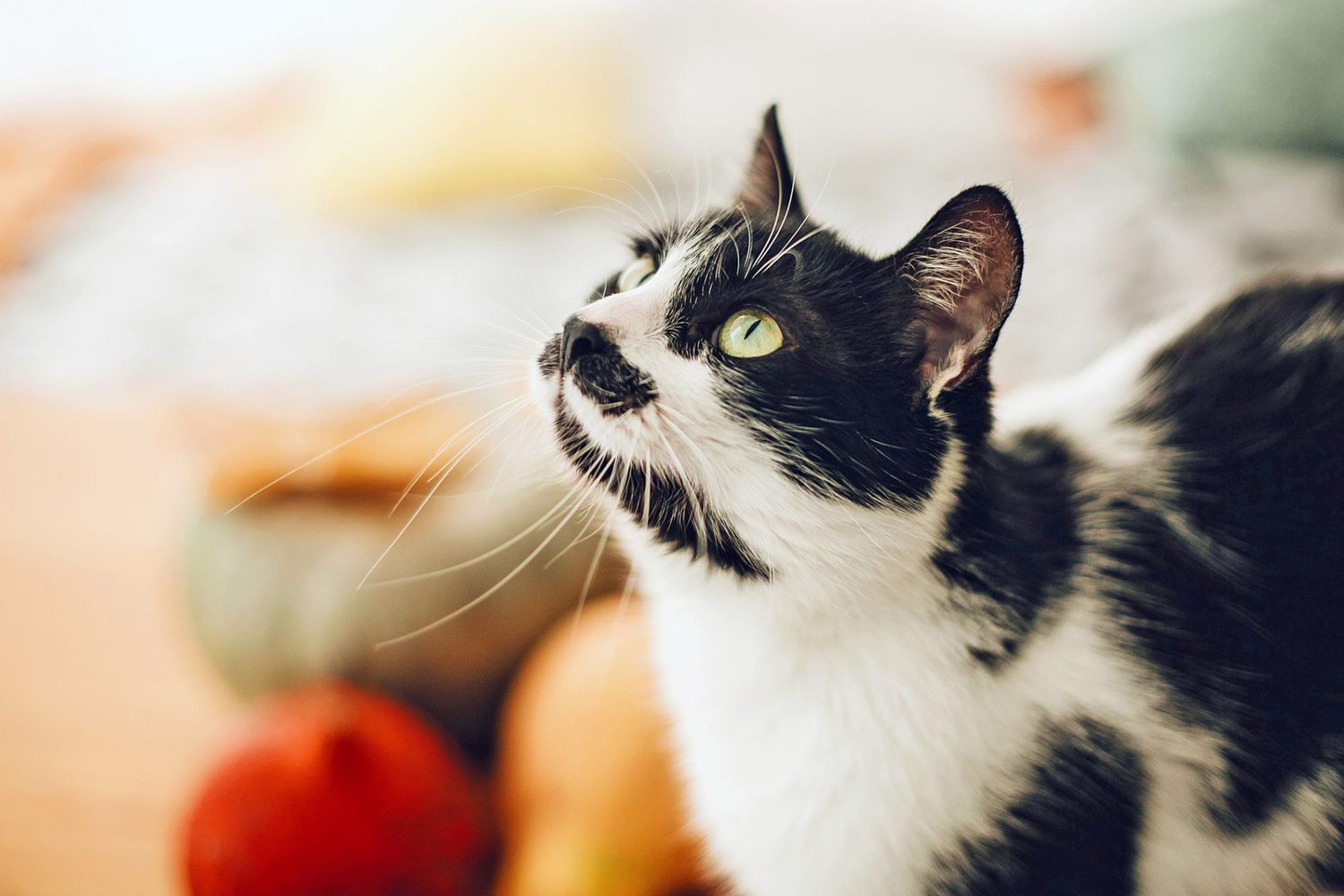Tips For Pregnant Ladies On Managing Cat Litter.
Wiki Article

Expecting a child is a wondrous event, however it also features a myriad of obligations and factors to consider, particularly for family pet owners. Among the numerous concerns that emerge during pregnancy, one that typically flies under the radar is the issue of cat litter. While apparently innocuous, cat litter can position threats to pregnant women and their coming children if not handled properly. In this post, we look into the necessary information every expectant mother who owns a feline should know to make sure a safe and healthy pregnancy.
The primary worry about cat litter throughout pregnancy depends on its association with toxoplasmosis, a parasitic infection triggered by the Toxoplasma gondii parasite. Felines, especially those who hang out outdoors, can become contaminated with this parasite by searching and consuming infected prey or by entering contact with infected soil. Once infected, felines can shed the parasite in their feces for a quick period, usually one to 2 weeks, which is when they become carriers of the disease.
Toxoplasmosis itself may not trigger any signs in healthy people, but it can have severe repercussions for pregnant females and their coming children if contracted during pregnancy. The parasite can be transmitted to people through unintentional intake of infected cat feces, soil, or undercooked meat containing the parasite's cysts. In pregnant women, toxoplasmosis can result in miscarriage, stillbirth, or hereditary specials needs in the child, such as hearing loss, vision problems, or intellectual specials needs.
Given the potential dangers associated with toxoplasmosis, pregnant ladies are frequently recommended to take safety measures when dealing with cat litter. Here are some vital actions to lessen the danger of infection:
If possible, ask a partner, household member, or pal to take control of the job of cleaning the litter box during pregnancy. This decreases direct exposure to cat feces, lowering the risk of infection.
If you must clean up the litter box yourself, use non reusable gloves and a mask to avoid direct contact with the feces and inhalation of air-borne particles.
Guarantee the litter box is cleaned daily. The Toxoplasma gondii parasite requires a period of one to five days to end up being transmittable after being shed in feline feces. Prompt removal of feces reduces the chance of transmission.
After handling cat litter or cleaning up the litter box, clean your hands thoroughly with soap and water to eliminate any potential contamination.
Refrain from gardening or managing soil, particularly without gloves, as it may contain Toxoplasma gondii cysts from feline feces.
To minimize the danger of contracting toxoplasmosis from food, ensure all meat is cooked completely to eliminate any parasites present.
n addition to taking safety measures when handling cat litter, pregnant females might also think about changing Litter Box Mats to alternative litter options that pose very little danger. Here are some alternatives to standard clay-based cat litter:
Silica gel litter is highly absorbent and effectively manages smell. It poses a lower threat of harboring parasites compared to clay-based litter.
Litters made from natural materials such as recycled paper, wood pellets, or corn are biodegradable and ecologically friendly. These litters are normally considered safe for pregnant cat litter females to deal with.
Litters stemmed from plant-based products like wheat, corn, or pine provide an eco-friendly option to conventional clay litter. They are free from hazardous chemicals and are safe for pregnant women and their family pets.
Just like any concerns throughout pregnancy, it's crucial to consult your healthcare provider for individualized advice and suggestions. If you have any questions or unpredictabilities regarding cat litter and its prospective threats, don't think twice to discuss them cat litter scooper with your obstetrician or midwife. They can provide assistance customized to your private scenarios and help reduce any issues you may have.
While owning a cat can bring tremendous joy and friendship, it's necessary for pregnant women to be knowledgeable about the potential dangers related to cat litter and take appropriate safety measures to secure their health and the health of their unborn child. By following easy guidelines and looking for assistance from healthcare companies, expectant moms can browse this element of pet ownership securely and enjoy a stress-free pregnancy along with their feline companions.